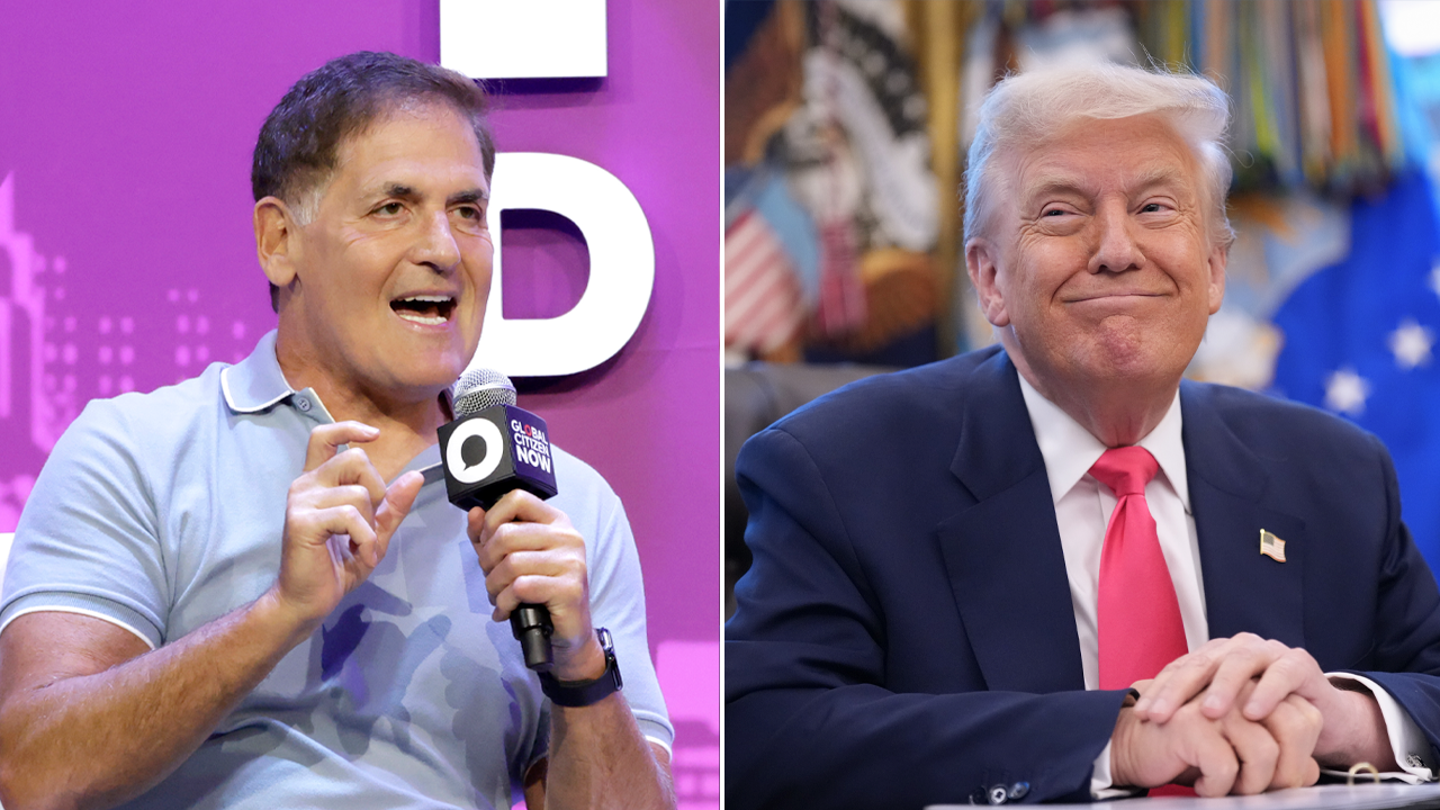
Mark Cuban says Trump running for a third term would push him into 2028 race
Entities mentioned:
- Mark Cuban: Duty, Self-preservation, Righteousness
- Donald Trump: Power, Ambition, Legacy
- Democratic Party: Unity, Power, Influence
- J.D. Vance: Ambition, Loyalty, Power
- Scott Galloway: Ambition, Recognition, Influence
- Jon Stewart: Influence, Righteousness, Recognition
- James Talarico: Ambition, Influence, Recognition
Article Assessment:
Credibility Score: 70/100
Bias Rating: 55/100 (Center)
Sentiment Score: 45/100
Authoritarianism Risk: 35/100 (Generally Democratic)
Bias Analysis:
The article presents multiple perspectives and quotes directly from the primary source. However, it leans slightly right by focusing on Democratic Party struggles and Trump's influence, while not deeply exploring alternative viewpoints.
Key metric: Political Stability Index
As a social scientist, I analyze that this article highlights the ongoing political uncertainty in the United States, particularly within the Democratic Party. Mark Cuban's conditional stance on running for presidency underscores the lingering influence of Donald Trump on the political landscape, even after his presidency. The mention of Trump potentially seeking a third term, though unconstitutional, suggests a persistent challenge to democratic norms. The Democratic Party's struggle to find new leadership indicates a period of transition and potential ideological shift. Cuban's preference for non-traditional political figures as potential candidates reflects a growing disillusionment with established politicians, which could impact future voter behavior and party dynamics. This situation could lead to increased political polarization and instability, potentially affecting the country's Political Stability Index.

What happens next in Texas redistricting and for Democrats facing civil arrest warrants
Entities mentioned:
- Texas Republicans: Power, Control, Determination
- Texas Democrats: Righteousness, Moral outrage, Justice
- Greg Abbott: Power, Control, Ambition
- Dustin Burrows: Duty, Control, Determination
- Ken Paxton: Power, Control, Moral outrage
- Sarah Chen: Justice, Professional pride, Duty
- Jolanda Jones: Righteousness, Defiance, Justice
- Andrew Cates: Professional pride, Curiosity, Duty
- James Talarico: Duty, Righteousness, Moral outrage
Article Assessment:
Credibility Score: 75/100
Bias Rating: 55/100 (Center)
Sentiment Score: 35/100
Bias Analysis:
The article presents views from both Republican and Democratic sides, including quotes from various officials and legal experts. While it gives slightly more space to explaining the Democrats' position, it maintains a generally balanced tone in reporting the facts of the situation.
Key metric: Political Polarization Index
As a social scientist, I analyze that this article highlights the increasing polarization in American politics, particularly at the state level. The extreme measures taken by both parties - Republicans issuing civil arrest warrants and Democrats fleeing the state - demonstrate a breakdown in normal legislative processes. This escalation of tactics could further erode public trust in democratic institutions and increase partisan animosity. The redistricting effort at the center of this conflict has potential long-term implications for political representation and power balance, both in Texas and at the national level. The use of law enforcement in a political dispute also raises questions about the separation of powers and the limits of executive authority in compelling legislative action.